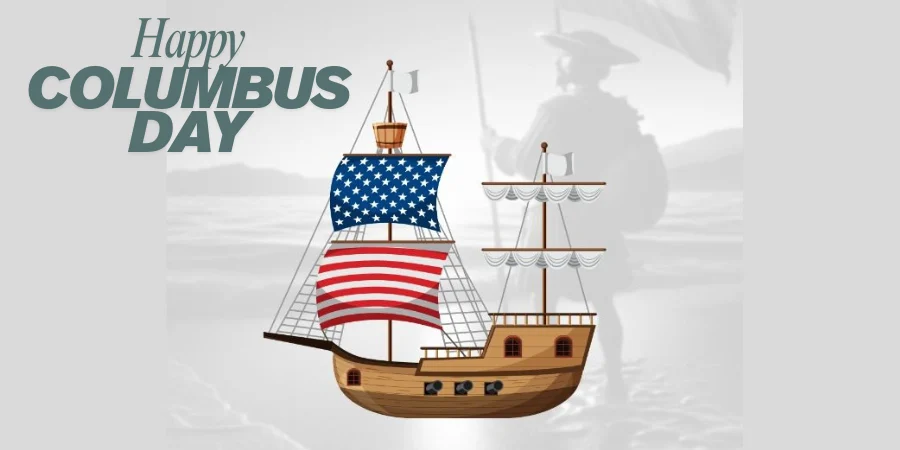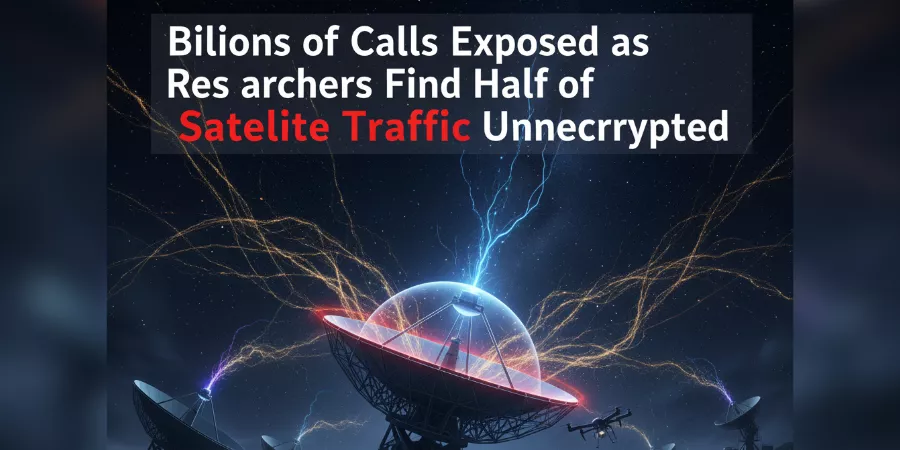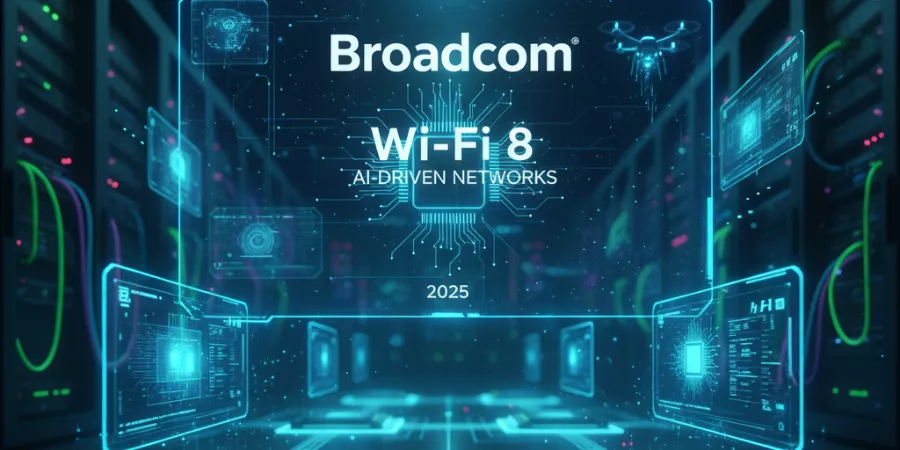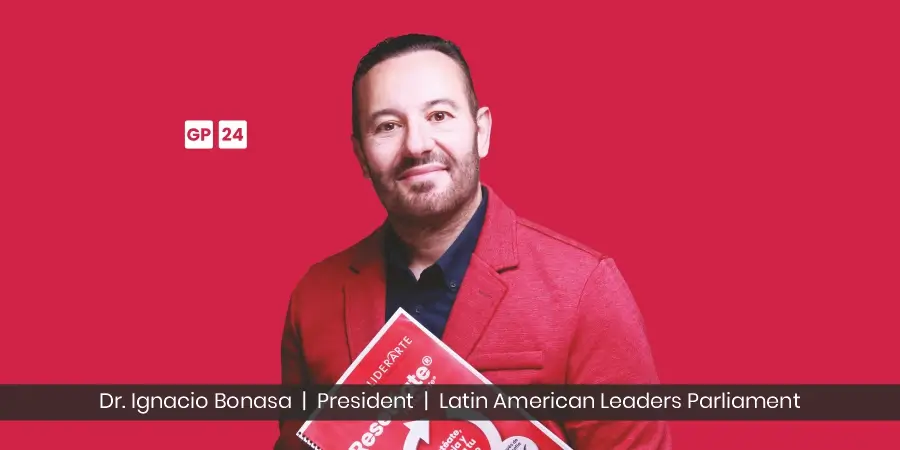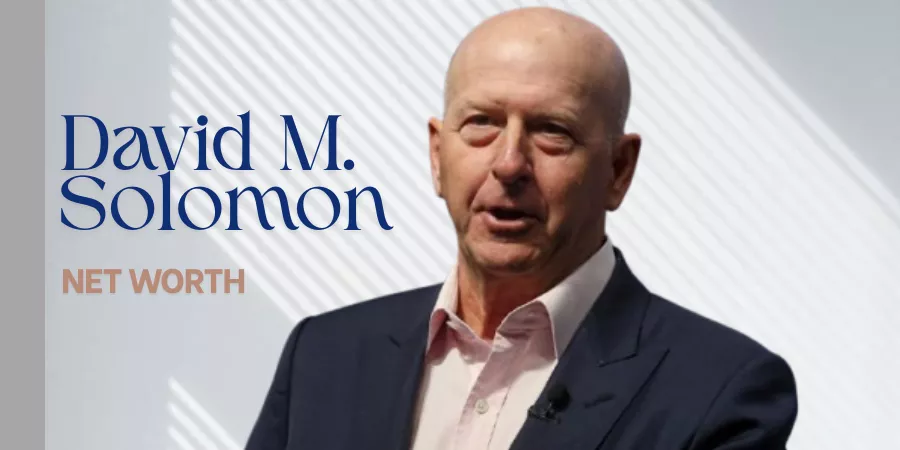Columbus Day, observed annually on the second Monday of October, stands as one of America’s most complex and debated federal holidays. In 2025, as the nation marks October 13 as Columbus Day, the observance reflects both celebration of historical exploration and growing recognition of its profound consequences for Indigenous peoples. This duality captures the ongoing national conversation about how Americans remember and honor their past.
The Historical Voyage That Changed the World
Christopher Columbus’s journey across the Atlantic Ocean in 1492 represents one of history’s most consequential expeditions. An Italian explorer from Genoa sailing under the Spanish flag, Columbus set out to find a western trade route to Asia. Instead, his voyage initiated a chain of events that would permanently alter the course of human history.
On August 3, 1492, Columbus departed Spain with three ships: the Niña, Pinta, and Santa María. After more than two months at sea, on October 12, 1492, he made landfall in what is now the Bahamas. Columbus later established La Isabela, the first Spanish settlement in the Americas, on the island of Hispaniola.
His voyages initiated what historians call the Columbian Exchange, an extensive transfer of plants, animals, culture, human populations, technology, and ideas between the Eastern and Western Hemispheres. This exchange fundamentally transformed societies on both sides of the Atlantic, introducing new crops like potatoes and tomatoes to Europe while bringing horses and wheat to the Americas.
From Celebration to Federal Holiday
The path to Columbus Day becoming a federal holiday reflects the evolution of American identity and the influence of immigrant communities, particularly Italian-Americans, in shaping national culture. Italian-American communities began celebrating Columbus in the 19th century as a source of ethnic pride and connection to their heritage at a time when Italian immigrants faced significant discrimination.
President Franklin D. Roosevelt first proclaimed Columbus Day as an annual holiday in 1937, responding to lobbying efforts from Italian-American organizations and the Knights of Columbus. However, it wasn’t until 1968 that Congress passed legislation officially recognizing Columbus Day as a federal holiday. Beginning in 1971, the observance was scheduled for the second Monday in October, creating a three-day weekend.
Traditional Observances and Cultural Celebrations
Columbus Day observances vary widely across the United States, reflecting regional traditions and community demographics. The holiday provides an opportunity for Italian-American communities to celebrate their heritage and contributions to American society.
Major cities with significant Italian-American populations host elaborate parades and festivals. New York City’s Columbus Day Parade, running since 1929, is the world’s largest celebration of Italian-American heritage, drawing hundreds of thousands of participants and spectators. San Francisco’s Italian-American community similarly hosts vibrant celebrations featuring music, food, and cultural performances.
On the official level, federal government offices, many state and local government buildings, banks, and the U.S. Postal Service close in observance. The holiday is marked by flag displays across government buildings and official ceremonies honoring Columbus’s legacy.
The Growing Recognition of Indigenous Peoples’ Day
In recent decades, Columbus Day has become increasingly controversial as Americans have gained greater awareness of the devastating impact European colonization had on Indigenous populations. This awareness has sparked a nationwide movement to recognize Indigenous Peoples’ Day as an alternative or complement to Columbus Day.
Critics of Columbus Day point to historical evidence of violence, enslavement, and cultural destruction that followed Columbus’s arrival. Indigenous populations faced catastrophic population decline due to disease, warfare, and forced labor. Entire civilizations were destroyed, and survivors endured centuries of displacement, cultural suppression, and systematic discrimination.
Indigenous Peoples’ Day, first proposed in 1977 at a United Nations conference, seeks to honor Native American peoples, their cultures, and their contributions to history. The observance recognizes the resilience of Indigenous communities and provides an opportunity to educate Americans about Native American history and contemporary issues.
The movement gained significant momentum in recent years. South Dakota became the first state to officially celebrate Native American Day in 1990, followed by Berkeley, California adopting Indigenous Peoples’ Day in 1992. Dozens of cities and states have since followed suit. In 2021, President Joe Biden became the first U.S. president to issue a proclamation recognizing Indigenous Peoples’ Day at the federal level, creating space for communities to make their own decisions about how to observe the second Monday in October.
Columbus Day 2025: Balancing Heritage and History
The 2025 observance of Columbus Day reflects the ongoing tension between celebrating cultural heritage and confronting uncomfortable historical truths. President Donald J. Trump’s proclamation for Columbus Day 2025 characterizes Columbus as “a true American hero” and celebrates his legacy as foundational to American history and Italian-American heritage.
Communities across America are increasingly finding ways to honor multiple narratives simultaneously. Many cities now hold dual observances that both celebrate Italian-American heritage and recognize Indigenous peoples’ experiences. This approach acknowledges that history contains multiple truths and that different communities can find meaning in the same date for different reasons.
Educational institutions are playing a crucial role in this evolution. Many schools now teach more comprehensive history that includes Indigenous perspectives alongside the traditional narrative of European exploration, helping students understand the complexity of historical events.
Contemporary Observance Across America
The 2025 Columbus Day observance reveals diverse approaches across the United States. Traditional celebrations continue in areas with strong Italian-American populations, featuring parades and cultural festivals. Many jurisdictions have officially replaced Columbus Day with Indigenous Peoples’ Day, hosting events that celebrate Native American culture through powwows, educational programs, and art exhibitions. Some communities recognize both days, attempting to honor Italian-American heritage while also acknowledging Indigenous peoples’ experiences.
The Path Forward: History, Heritage, and Healing
The evolving observance represents broader questions about how nations remember their past. Proponents of maintaining Columbus Day argue that eliminating the holiday erases Italian-American heritage and unfairly applies contemporary moral standards to historical figures. Advocates for Indigenous Peoples’ Day counter that honoring Columbus celebrates a figure whose actions initiated centuries of suffering for Indigenous peoples.
Perhaps the most constructive approach recognizes that these perspectives need not be mutually exclusive. Italian-Americans can celebrate their heritage while acknowledging the full scope of Columbus’s legacy. Similarly, recognizing Indigenous Peoples’ Day doesn’t require erasing Italian-American pride but rather expanding the narrative to include historically marginalized voices.
Conclusion
Columbus Day 2025 serves as a mirror reflecting America’s ongoing process of understanding its complex history. The contemporary approach to October’s second Monday recognizes that history contains multiple valid perspectives and that different communities can derive different meanings from the same events. As communities observe Columbus Day, Indigenous Peoples’ Day, or both in 2025, they participate in a broader national dialogue about memory, identity, and values—a conversation that represents progress toward a more complete and honest understanding of the past.

